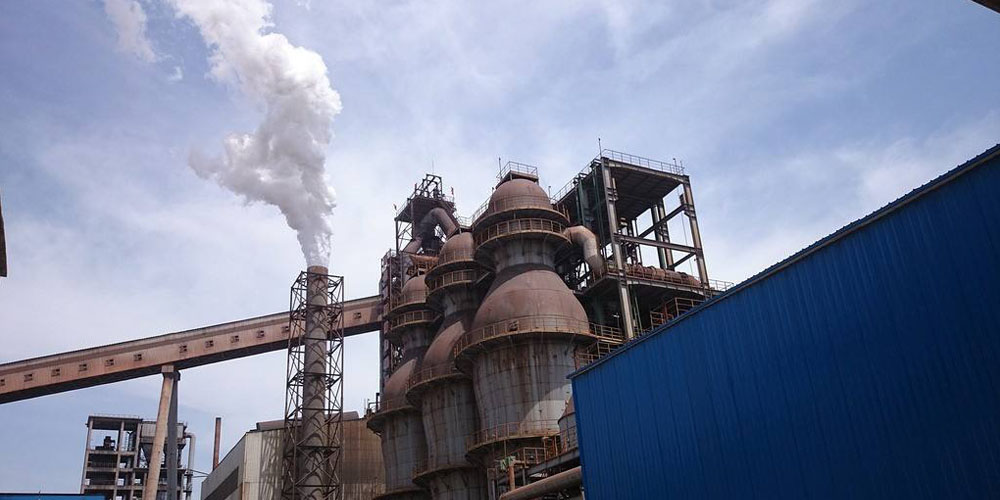China’s self-styled war on pollution is extending to a new front: the solid waste that makes up thousands of slag heaps around the country, a byproduct of its record steel output.

Beijing has been fighting to clean up the nation after years of breakneck economic growth took their toll on the environment, with its massive steel sector bearing the brunt of its vigorous campaign.
Hundreds of steel mills have been shut over the last few years for failing to comply with tougher environmental rules, with others forced to install better equipment to curb emissions and use higher-quality raw materials such as iron ore and coking coal.
But now industrial debris like slag is increasingly coming under the spotlight as well, potentially pressing steelmakers to tackle the pilings problems head on at a time when they are grappling with weaker profit-margins.
“We will spare no effort in addressing solid waste-related environmental issues by strengthening inspections and improving disposal capabilities for dangerous waste,” the Ministry of Ecology and Environment told Reuters by email in response to questions about the push against such pollution.
The world’s top crude steel producer, which last year made a record 831.7 million tonnes of the material, churns out over 100 million tonnes of steel slag annually.
However, the industry recycles less than a third of that waste into products such as cement or concrete, leaving the rest stacked in heaps or dumped illegally. That compares to slag utilisation rates of around 98 percent in Japan and 87 percent in Europe, the University of Science and Technology Beijing said in a study published in June.